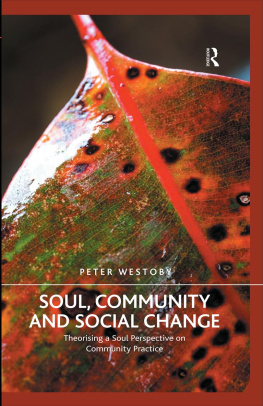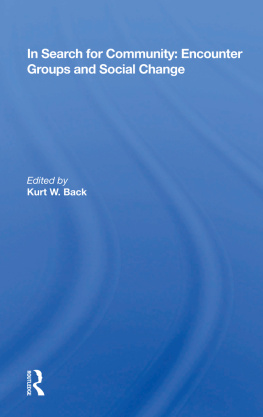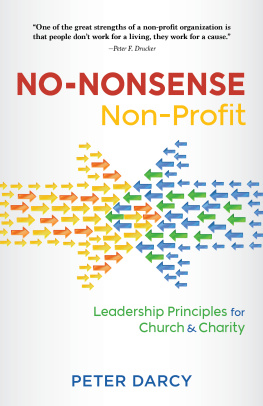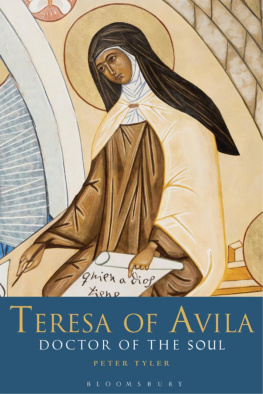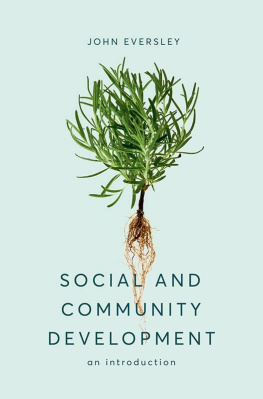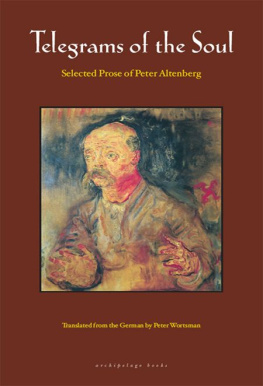First published 2016 by Ashgate Publishing
Published 2016 by Routledge
2 Park Square, Milton Park, Abingdon, Oxon OX14 4RN
711 Third Avenue, New York, NY 10017, USA
Routledge is an imprint of the Taylor & Francis Group, an informa business
Copyright 2016 Peter Westoby
Peter Westoby has asserted his right under the Copyright, Designs and Patents Act, 1988, to be identified as the author of this work.
All rights reserved. No part of this book may be reprinted or reproduced or utilised in any form or by any electronic, mechanical, or other means, now known or hereafter invented, including photocopying and recording, or in any information storage or retrieval system, without permission in writing from the publishers.
Notice:
Product or corporate names may be trademarks or registered trademarks, and are used only for identification and explanation without intent to infringe.
British Library Cataloguing in Publication Data
A catalogue record for this book is available from the British Library
The Library of Congress has cataloged the printed edition as follows:
Westoby, Peter, author.
Soul, community and social change : theorising a soul perspective on community practice / by Peter Westoby.
pages cm
Includes bibliographical references and index.
ISBN 978-1-4724-5566-6 (hardback)
1. Community development. 2. Community organization. 3. Social change. 4. Soul. I. Title.
HN49.C6W4737 2016
307.1'4--dc23
2015033039
ISBN 9781472455666 (hbk)
Sue Davidoff has worked in the fields of education, organisational development and reflective social practice for the past 28 years. She is currently based in Cape Town, working inside The Proteus Initiative, an organisation dedicated to an ecological vision of social life, and engaged with practices, processes and methods which approach social situations with an enlivened and organic thinking. She has been involved in running programs related to this, and working in diverse school and education contexts, and with organisations across Africa, Australasia and Europe.
David Harding has worked for 30 years in the social development field in Latin America, Africa and Central and Eastern Europe after starting his work life with a 10 year long period in community development in the UK and Spain. He now works mainly with the non-profit sector around questions of organisational effectiveness, strategy and working with change. In recent years though he has been particularly interested in what he sees as the central question of practice in social development what makes for an effective and authentic practice in this difficult but engaging work, and what sort of qualities and faculties do we need to offer and develop in ourselves for this? He works with organisational teams, and individuals, facilitating and supporting their engagement with their own work situations, and their learning around practice arising from this.
Verne Harris is Director of Research and Archive at the Nelson Mandela Foundation, where he was Mandelas archivist from 2004 to 2013. He is an honorary research fellow with the University of Cape Town, participated in a range of structures which transformed South Africas apartheid archival landscape, including the Truth and Reconciliation Commission, and is a former Deputy Director of the National Archives. Widely published, he is probably best-known for leading the editorial team on the best-seller Nelson Mandela: Conversations with Myself. He is the recipient of archival publication awards from Australia, Canada and South Africa, and both his novels were short-listed for South Africas M-Net Book Prize. He has served on the Boards of the Ahmed Kathrada Foundation, the Freedom of Expression Institute and the South African History Archive.
Kristen Lyons lives in Brisbane and works in the School of Social Science at The University of Queensland, where she researches and teaches in development and environmental sociology. Kristen has spent the last 15 years exploring ways of being a social change agitator as an academic/activist researcher and educator. Her research and advocacy is on topics including nanotechnology in food and agriculture, carbon markets and land grabbing in Africa, agroforestry and community development in the Solomon Islands and the privatisation of Universities and the impacts for education and research integrity. Around the same time she started this journey, she also picked up an mbira a thumb piano from Zimbabwe and so began her passion for music and thinking about its place in social change.
Jason MacLeod is an organiser, educator and researcher who has been working with local communities and social and environmental justice movements in Australia and the Asia-Pacific region since 1991. The context of this work varies, from conflict settings, to international and local NGOs, to local government, to universities, community-based organisations, neighbourhoods and rural villages. His commitment to accompanying the people of West Papua in their struggle for a just and sustainable peace dates back to 1991. More recently, this work has been enabled through Pasifika, a social movement capacity building program in non-democracies, which Jason co-founded with West Papuan colleagues and co-coordinates with a West Papuan leader. Jason is also a training associate with the Change Agency, Australias leading activist education outfit, and works as a community organiser with the Queensland Community Alliance. He is married with kids, wrestles with his Quaker and Catholic faith, lives in a cohousing settlement and currently has aspirations to raise chickens. Whenever possible he enjoys a long walk in the wild or to ride a perfect pitching wave. He lives on Jagera land in Brisbane, the major urban settlement in the Maiwar catchment.
David Palmer teaches in the Community Development program at Murdoch University in Perth, Western Australia. He also spends a fair bit of time in remote Australia, looking for examples of projects that are having a positive impact on Indigenous peoples lives. Davids work has taken him to the southwest of Western Australia, the Kimberley, the Pilbara, the Anangu Pitjantjatjara Yankunytjatjara (APY) Lands in Central Australia, Alice Springs town camps and the northwest of Tasmania. He has come to the conclusion that the use of arts, performance, music, dance and film is often what makes a difference. This is because to work successfully with complex communities you need to be artful, use a repertoire of creative methods and learn to improvise. Dave often gets to travel with his partner and two gorgeous boys, lugging around swags, books, cameras, a MacBook Pro, a diabolo and a poi.
Lynda Shevellar is a lecturer in Community Development within the School of Social Sciences at The University of Queensland, Australia. She is a part of the non-profit Community Praxis Co-op., as well as a local mental health network. Lynda is influenced by 20 years of experience and study in community development, the disability sector, education, and psychology. Her work focuses upon the dynamics of personal, organisational and social change. She has worked in government and the community sector, and is particularly interested in the agency of practitioners located in and against the state. Lynda was born and bred in Byron Bay, Australia and uses this to justify her current interest in folk art.
Polly O. Walker

